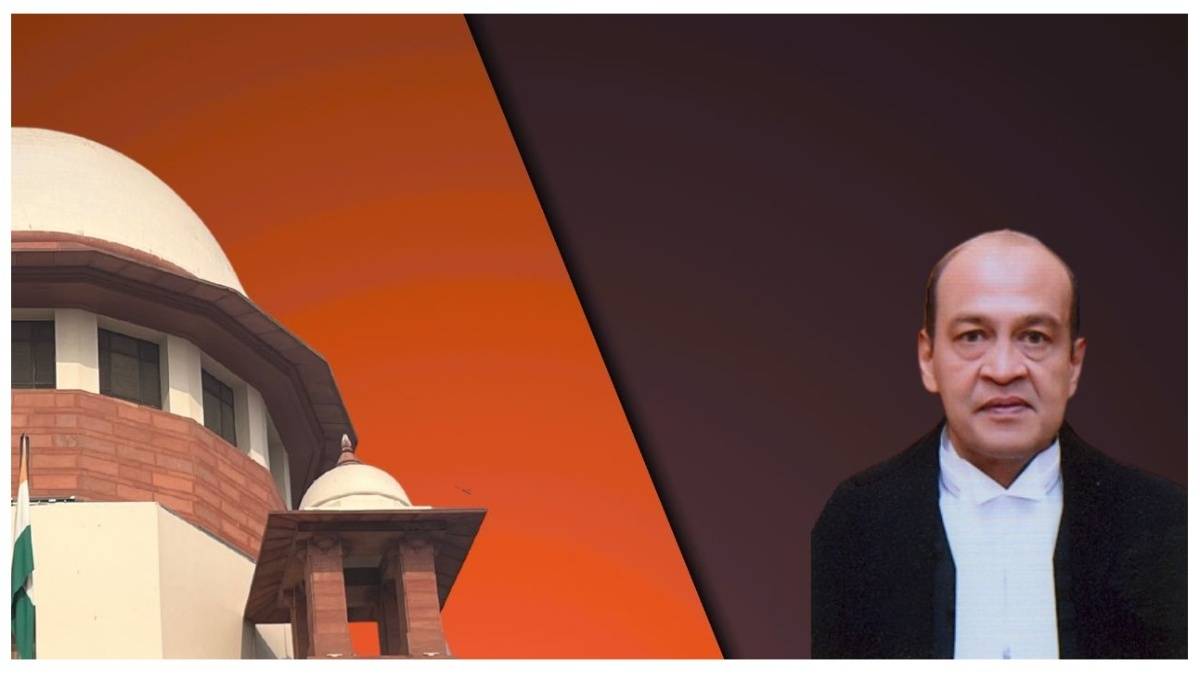Peter Navarro’s anti-India post on Elon Musk’s platform backfires after being flagged for hypocrisy over US-Russia trade ties
Peter Navarro, former senior trade adviser to ex-US President Donald Trump, has stirred fresh controversy with an anti-India post targeting New Delhi’s oil trade with Russia. However, his claims were fact-checked and debunked by Elon Musk’s platform, X (formerly Twitter), drawing attention to the hypocrisy in US trade behavior.
What Did Peter Navarro Say?
In his recent post, Navarro accused India of:
- Profiteering from discounted Russian oil
- Supporting the Russian war machine
- Contributing to Ukrainian casualties
- Hurting the US job market
He wrote:
“India buys Russian oil purely to profit. Revenues feed Russia’s war machine. Ukrainians/Russians die. U.S. taxpayers pay more. India can’t handle the truth.”
X Fact-Checks Navarro: Here’s What They Said
X’s Community Notes added context that contradicted Navarro’s statements, highlighting:
- India’s purchases are legal and for energy security
- The imports do not violate international sanctions
- The US also imports from Russia, including uranium and other critical commodities
- The US has a trade surplus with India in services, softening claims of job loss
Additional Fact-Check Notes:
“Navarro’s claims are hypocritical. India’s legal, sovereign purchases of Russian oil for energy security do not violate international law.”
Navarro’s Angry Response
Navarro didn’t take the fact-check lightly. He lashed out at Elon Musk and the platform:
“Wow. @elonmusk is letting propaganda into people’s posts. That crap note below is just that. Crap.”
He doubled down, reiterating:
- India didn’t buy Russian oil before the war
- The Indian government is “spinning” narratives
- India must “stop killing Ukrainians” and “stop taking American jobs”
Previous Attacks on India
Navarro has repeatedly targeted India over its:
- Continued imports of Russian crude
- Alleged profiteering scheme via refined oil exports
- Trade imbalance with the US
Notable past remarks:
- Called the conflict “Modi’s war”
- Labelled India as the “Maharaj of tariffs”
- Claimed India acts as a “laundromat for the Kremlin”
- Made a casteist remark: “You got Brahmins profiteering at the expense of the Indian people.”
US-India Trade Tensions Escalate
Tensions between India and the US have deepened following Trump’s decision to:
- Impose secondary tariffs over 50% on Indian exports — the highest on any US ally
- Accuse India of undermining Western efforts to isolate Russia
Meanwhile, Indian Prime Minister Narendra Modi was seen engaging warmly with Putin and Xi Jinping at the recent SCO Summit in China — further fueling US concerns.
Trump’s Mixed Signals on India
After his team’s attacks, Trump himself made seemingly contradictory statements:
- Claimed the US “lost India to China” — then walked back the comment
- Called India a “special partner”
- Reaffirmed his personal bond with PM Modi
- Defended tariffs as necessary but expressed optimism about resolving differences
“I get along very well with PM Modi… We have a very special relationship.”
Modi Responds with Diplomacy
In a measured response, PM Modi reaffirmed ties with the US:
“Deeply appreciate and fully reciprocate President Trump’s sentiments… Our partnership is forward-looking and strategic.”
Key Highlights
- Peter Navarro accused India of “profiteering” from Russian oil
- Elon Musk’s X fact-checked and exposed double standards
- US itself continues importing Russian goods like uranium
- India’s actions are legal under international law
- India-US relations face tariff challenges, but diplomatic overtures continue
Peter Navarro’s repeated attacks on India, coupled with X’s fact-checking pushback, highlight the growing complexity in US-India relations amid shifting global alliances and trade dynamics. While political rhetoric intensifies, both nations continue to signal the importance of their strategic partnership. As the world navigates energy security, geopolitical rivalries, and economic realignments, the India-US relationship remains crucial—but increasingly tested by pressure, perception, and policy.



